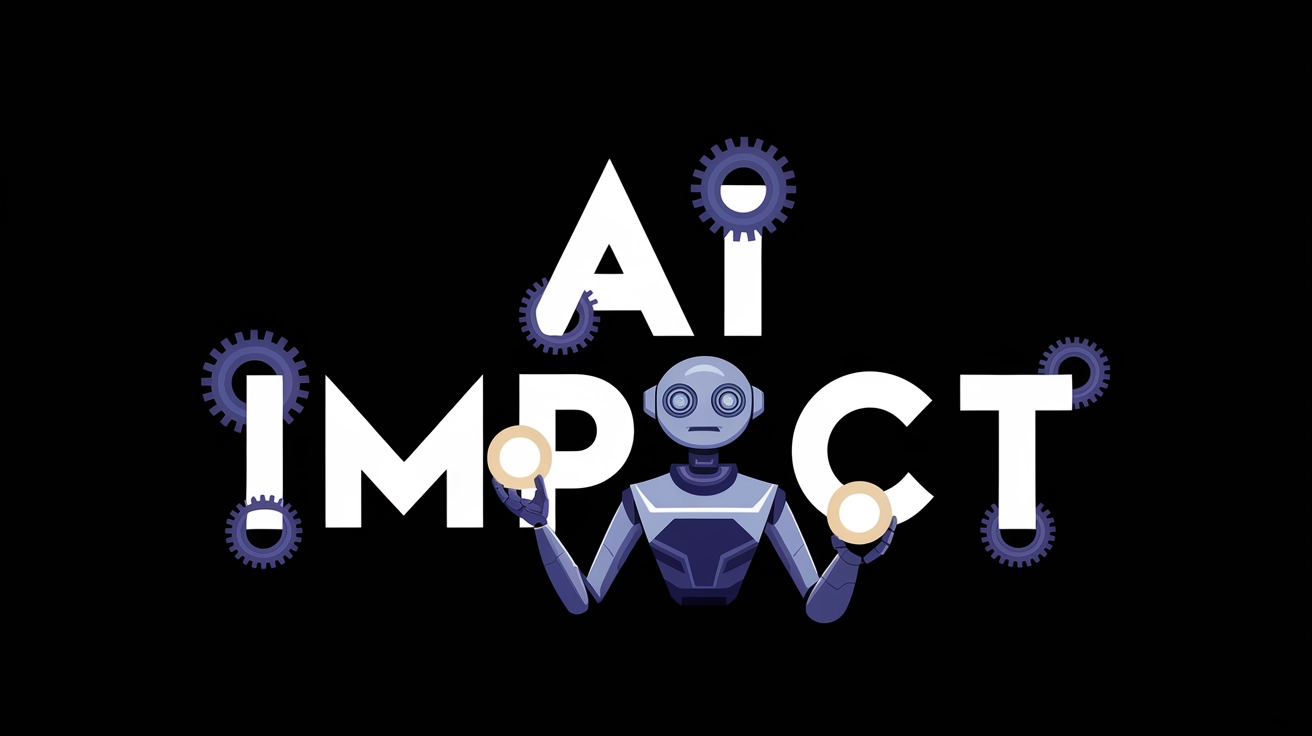AI’s Role in Changing Conspiracy Beliefs

Introduction to AI and Conspiracy Theories
Conspiracy theories, ranging from doubts about the moon landings to unfounded claims about vaccines, are prevalent in modern discourse. Recent research spearheaded by Dr. Thomas Costello from American University has revealed that artificial intelligence (AI) can significantly alter these entrenched beliefs during conversations, contradicting the widely held view that such beliefs are immutable.
Challenging Conventional Wisdom
Traditionally, it was believed that discussing evidence and logical arguments with individuals who believed in conspiracy theories would rarely lead to a change of mind. Dr. Costello emphasized that people often adopt these beliefs to satisfy psychological needs, such as a desire for control. However, the findings from this study indicate a surprising shift in this perspective.
The Research Methodology
The research comprised experiments involving 2,190 participants with varying beliefs in conspiracy theories. Each individual was asked to articulate a conspiracy theory they subscribed to and what evidence they held supporting it. This information was then presented to an AI system capable of personalizing responses based on their beliefs.
AI as a Tool for Critical Thinking
The innovative AI system demonstrated its potential in fostering critical thinking by tailoring conversations that provided fact-based counterarguments. Costello noted, “The AI understood their beliefs and was able to adjust its persuasion strategy accordingly.” Such personalized engagement allowed the AI to challenge beliefs effectively.
Results of AI Engagement
Participants reported their belief ratings on a scale before and after interacting with the AI. Those who engaged in conversations about their specific conspiracy were found to reduce their belief in the conspiracy theory by an average of 20%. This effect persisted for at least two months, indicating a lasting impact of the interventions.
Broader Implications of the Findings
The study also revealed that decreasing belief in one conspiracy theory could slightly reduce susceptibility towards other conspiracy theories. This suggests a potential strategy for addressing misinformation in the broader social context, particularly on platforms like social media.
Considerations and Limitations
While the results are promising, questions remain regarding the practical application of these findings. Prof. Sander van der Linden from the University of Cambridge raised concerns about whether individuals would willingly engage with AI in real-world scenarios. Furthermore, the efficacy of similar interactions with anonymous humans versus AI is uncertain.
The Role of Empathy in AI Conversations
The AI’s success in persuading participants included strategies involving empathy and affirmation, a factor that could differentiate its approach from that of human interlocutors. Understanding how these elements play a role in altering beliefs is essential for future developments in AI-driven interventions.
Concluding Thoughts
The research suggests that AI can indeed play a significant role in changing belief systems surrounding conspiracy theories. As misinformation continues to proliferate, leveraging AI technologies for constructive dialogue could emerge as a crucial tool in public discourse. These findings open up avenues for further exploration into the application of AI in combatting misinformation, emphasizing the potential of AI as an ally in fostering critical engagement and informed belief systems.